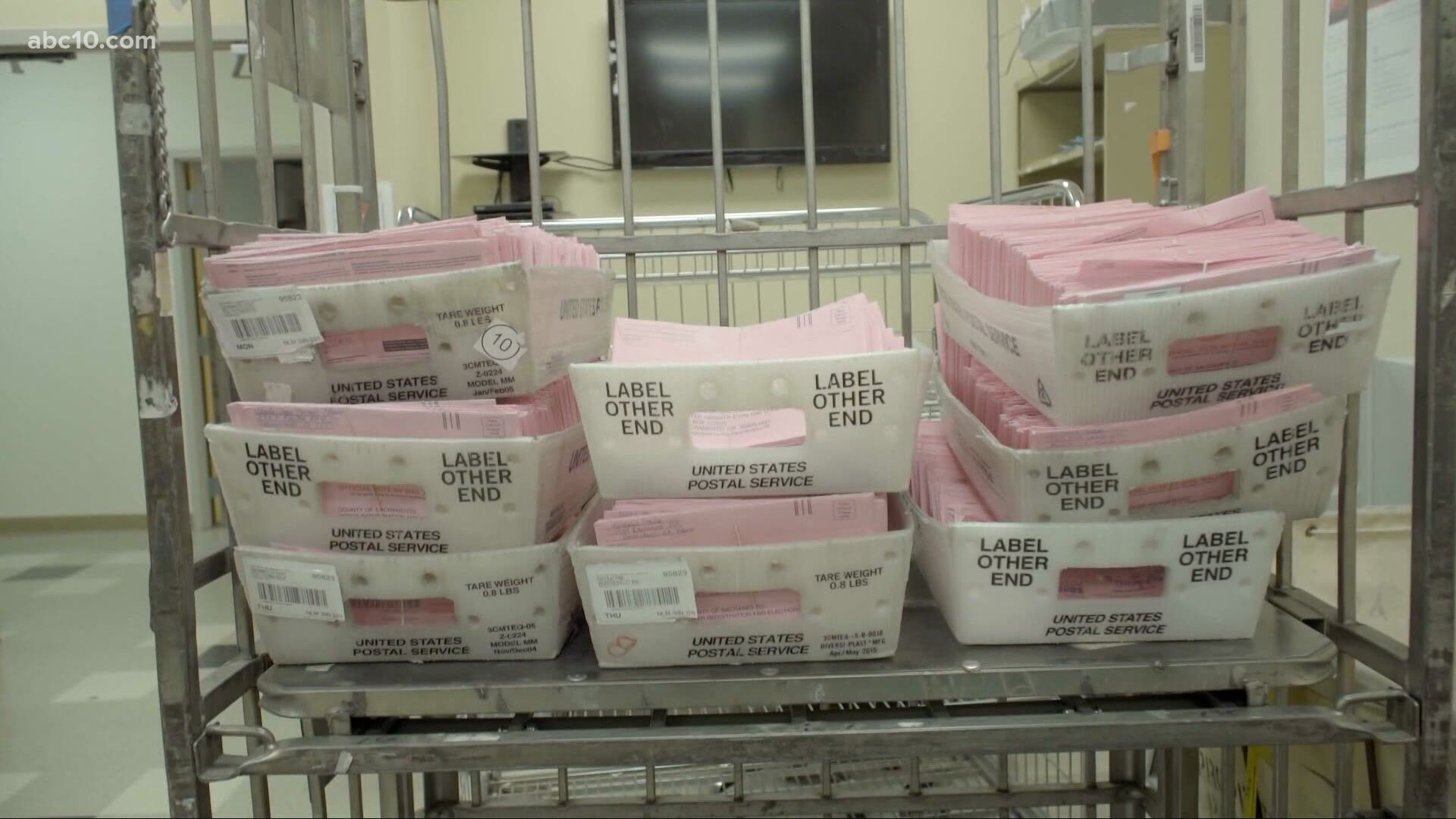SACRAMENTO, Calif — Californians are voting on 12 propositions, but not all are funded equally. Just take a look at that fat slab of lilac in the graphic below.
No surprise for even the most dimly engaged Californians who have been bombarded with ads for weeks now: Funding for Proposition 22, a measure to exempt gig-economy companies from a new state labor law, dwarfs just about everything else. To date, its yes campaign has raised nearly $188 million. That’s $3 of every $10 that’s been spent for or against any proposition on the November 2020 ballot.
Now click that lilac band to zoom in. You’ll see that the majority of that funding is coming from three companies: Uber, Lyft, and Doordash. The bulk of opposition funding comes from unions such as the United Food & Commercial Workers and the Service Employees International Union.
Other big-money battles:
- Prop. 23, which pits for-profit dialysis clinics like DaVita against the Service Employees International Union in a fight to tighten regulations on kidney dialysis clinics
- Prop. 21, where the AIDS Healthcare Foundation is almost single-handedly funding the effort to give cities the ability to expand rent control
- Prop. 15, where organized labor has joined up with Facebook founder Mark Zuckerberg’s philanthropic initiative in a bid to increase property taxes on many businesses — an effort business interests hope to quash
And if you don’t see Propositions 17 and 18, look closer — they’re there, as slivers. Evidently, no deep-pocketed interests want to fight over voting rights for parolees and 17-year-olds.
Via the Post It, CalMatters political reporter Ben Christopher shares frequent updates from the (socially distanced) 2020 campaign trail.

